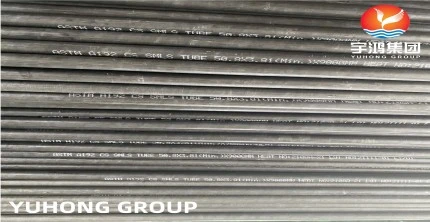Titanium and titanium alloys are highly valued for their excellent acid and corrosion resistance, and are increasingly used to manufacture equipment and process pipelines, applied to reactors and pipelines with strong acid materials. However, titanium and titanium alloys are prone to embrittlement in reaction with various elements and compounds at high temperatures, especially during welding. Absorption of elements such as oxygen and nitrogen from the air during welding will dissolve in titanium metal, making the alloy significantly harder and reducing the ductility of titanium metal, causing pipeline fractures and equipment damage. Therefore, the study of welding of titanium and titanium alloys is of great significance for the construction and maintenance of their production equipment.
The effects of high temperature heat and gas protection on titanium alloy pipes in the formed welded area
At room temperature, titanium alloy pipes have relatively stable performance, but at high temperatures, especially during welding, the speed of titanium alloy's reaction with oxygen, hydrogen, and nitrogen is extremely fast. According to relevant information, at a temperature above 300°C during welding, titanium alloy can quickly absorb hydrogen, oxygen at a temperature above 600°C, and nitrogen at a temperature above 700°C, and it is most sensitive to oxidation in the air. Experiments have shown that if harmful gases such as oxygen and nitrogen invade the molten pool during welding, the plasticity, toughness, and surface color of the welded joint will all change significantly, and its mechanical properties will significantly decrease, and the tendency to overheat will increase.
After conducting bending tests on the welding joints, fracture phenomena occur in the weld, and noticeable crack phenomena also appear in the base material about 10mm away. Therefore, in the welding of titanium alloys, comprehensive and reliable gas protection should be carried out on the molten pool, molten drops, and high-temperature areas, whether it is on the front or back side. The purpose of gas protection measures is: first, to prevent harmful gases around the welding area from entering the molten pool; second, to control the generation of high-temperature heat in the formed welding area. If the welding area cannot receive effective gas protection, it will undoubtedly lead to a decrease in welding quality, and in severe cases, it will result in product scrap.
The effects of impurity gases and elements on titanium alloy pipes
The occurrence of welding defects in titanium alloys is relatively common, such as pores and cracks. The reasons for these defects are mainly affected by gases and elements such as hydrogen, iron, and carbon. Experiments have shown that the solubility of hydrogen, iron, carbon, and other gases and elements in titanium alloys during welding is related to their sources, mainly from damp air, the purity of protective gas, moisture, and oil pollution on the surface of the weldment and wire. The main reason for the occurrence of "pores" is from oil and impurities in the protective gas, while the main reason for the occurrence of "cracks" is from moisture and oil pollution. In addition to affecting the sealing quality of the weldment, the production of welding defects also reduces the mechanical properties such as strength, toughness, and fatigue of the joint, which has a significant impact on the quality of titanium alloy pipe products. Therefore, they should be carefully controlled during welding.
For professionals in the field, understanding the complexities of how gases and elements interact with titanium alloys during welding is essential. Equally important is the choice of materials. Working with trusted titanium alloy pipe suppliers who guarantee high-quality and purity in their products can mitigate many of these welding challenges. Ensuring that welding processes are closely monitored and that materials are sourced from reputable suppliers is key to maintaining the integrity and performance of titanium alloy pipes in various applications.

 English
English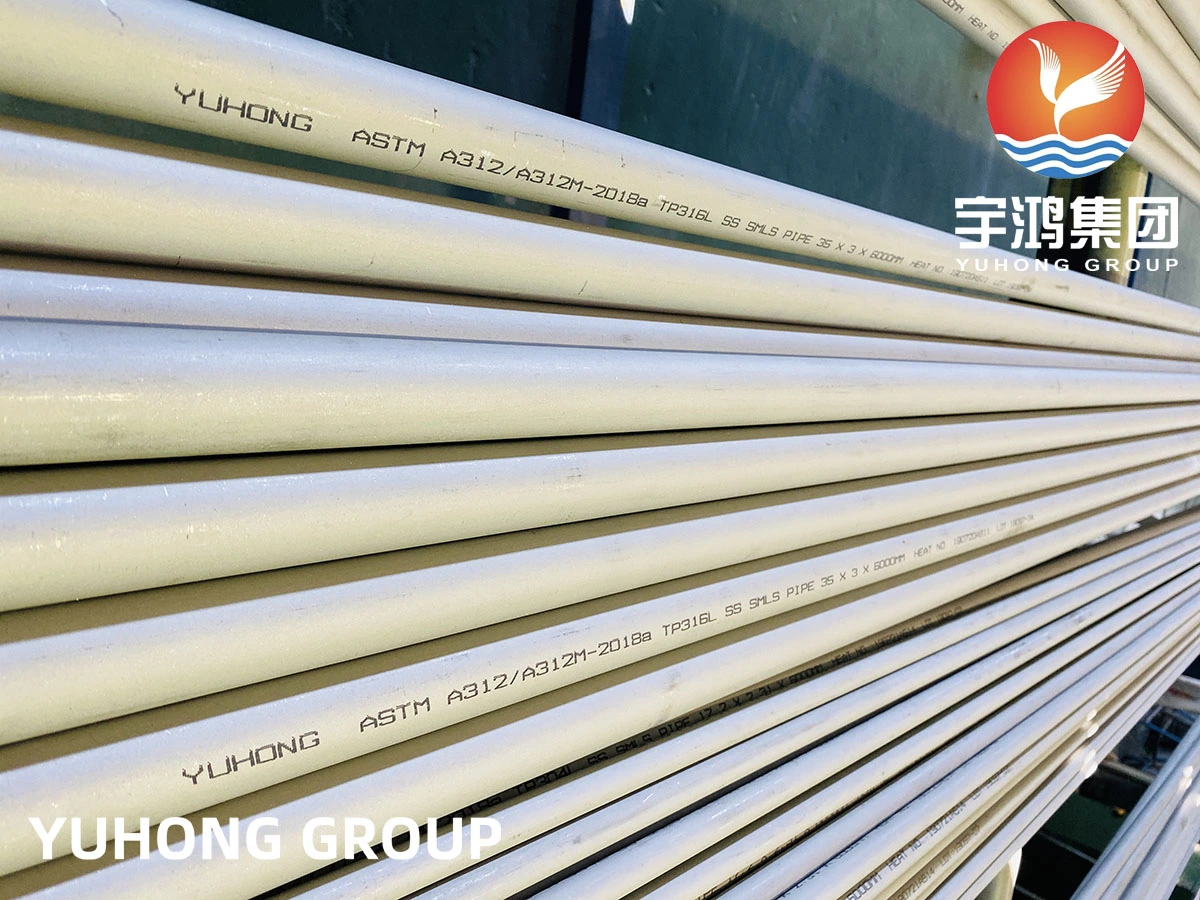
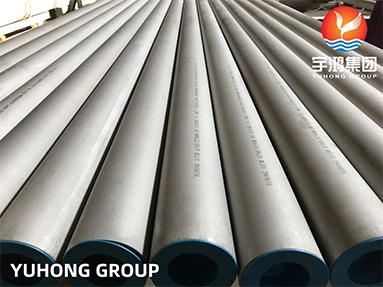
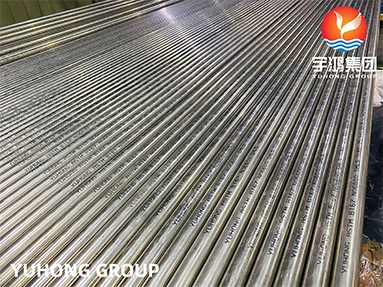
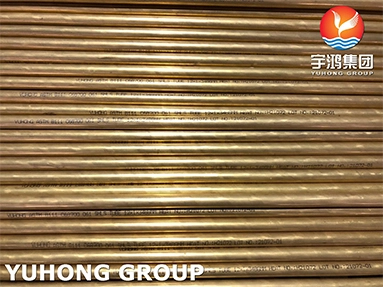
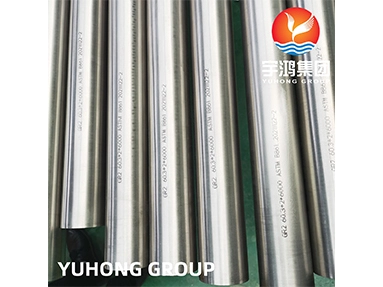
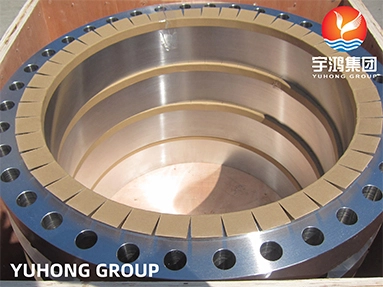
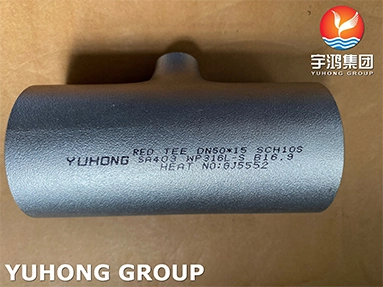
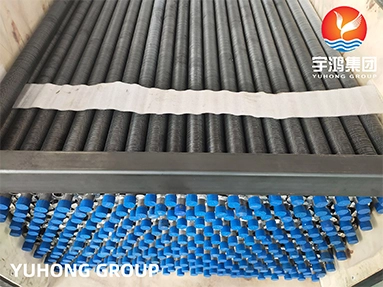
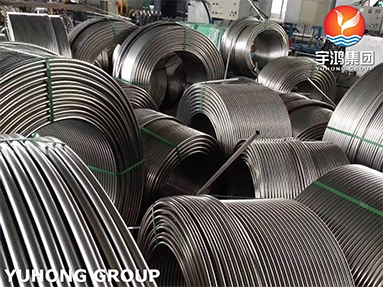


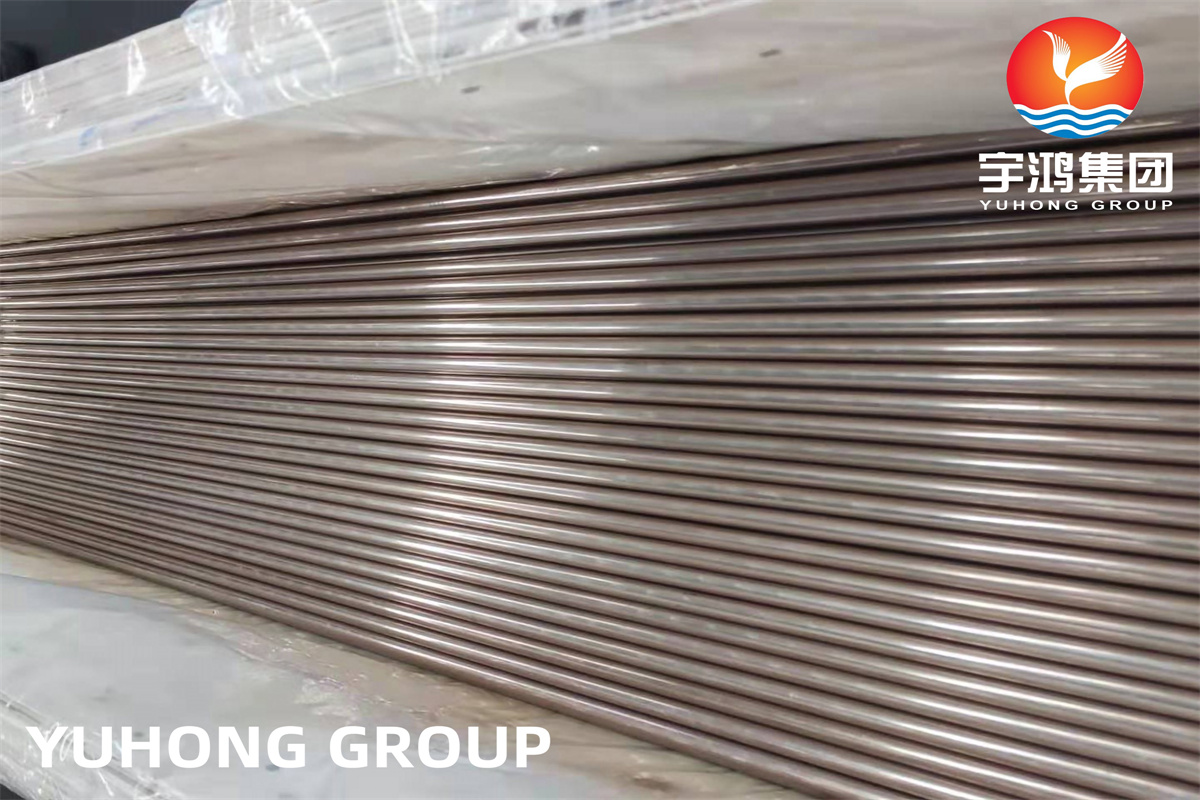
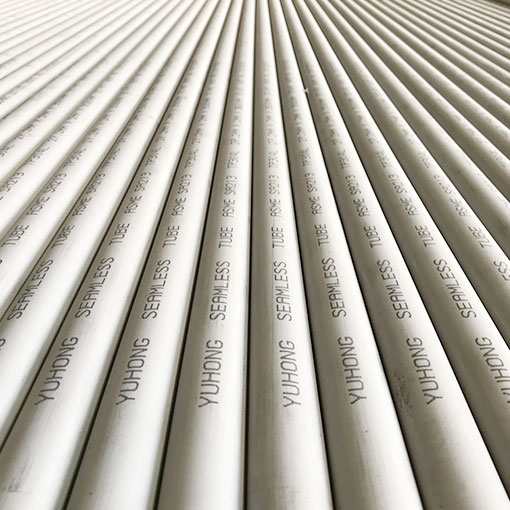
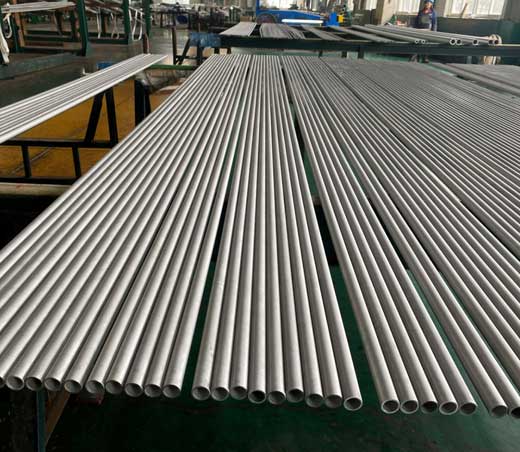
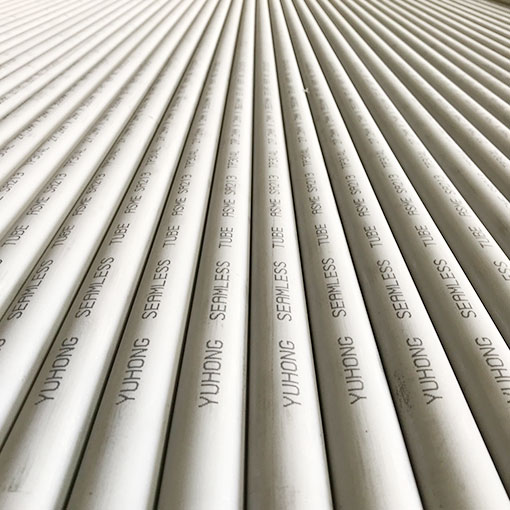
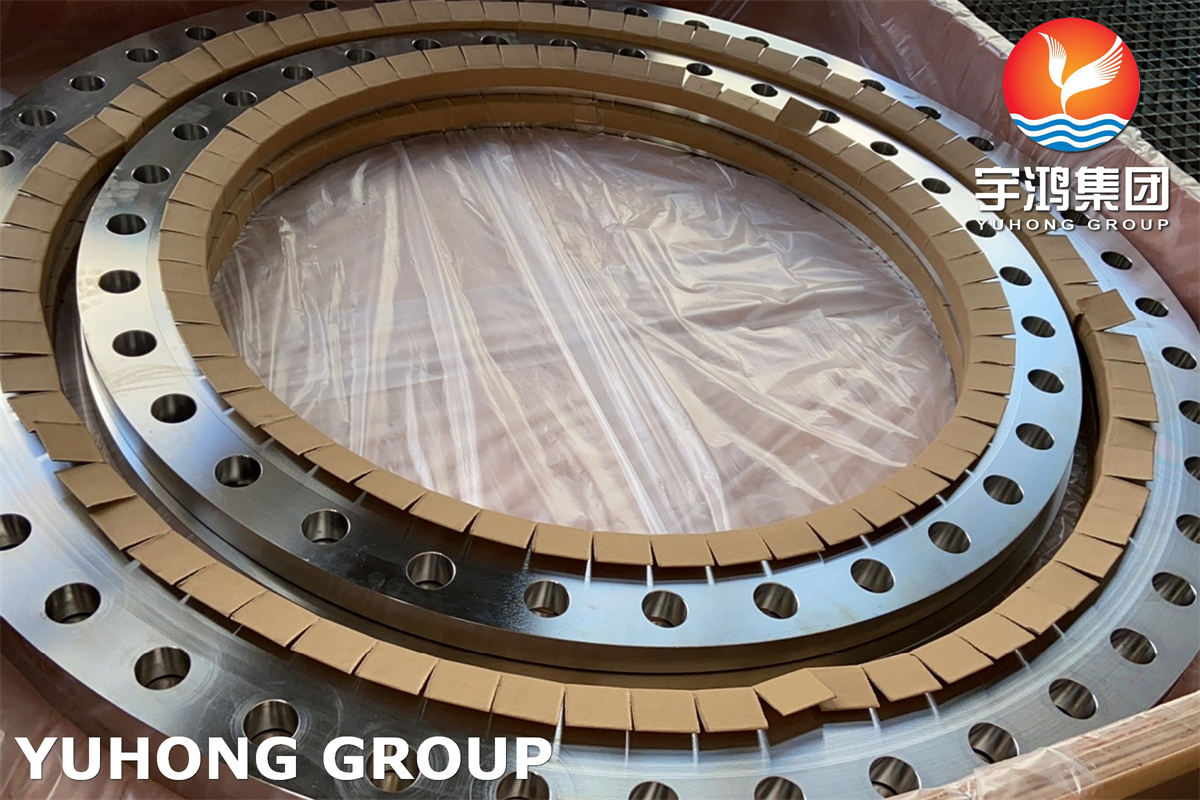
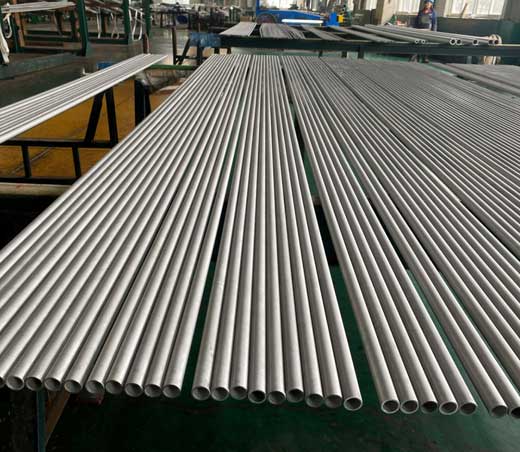
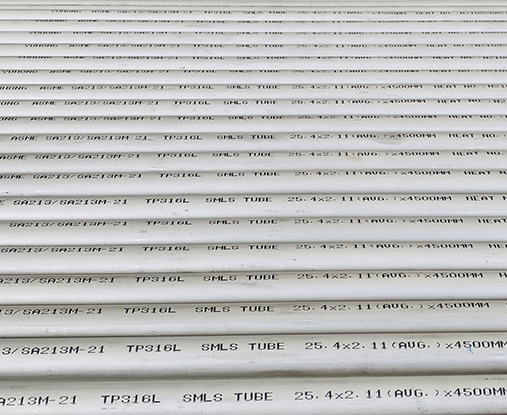
_副本.webp)
